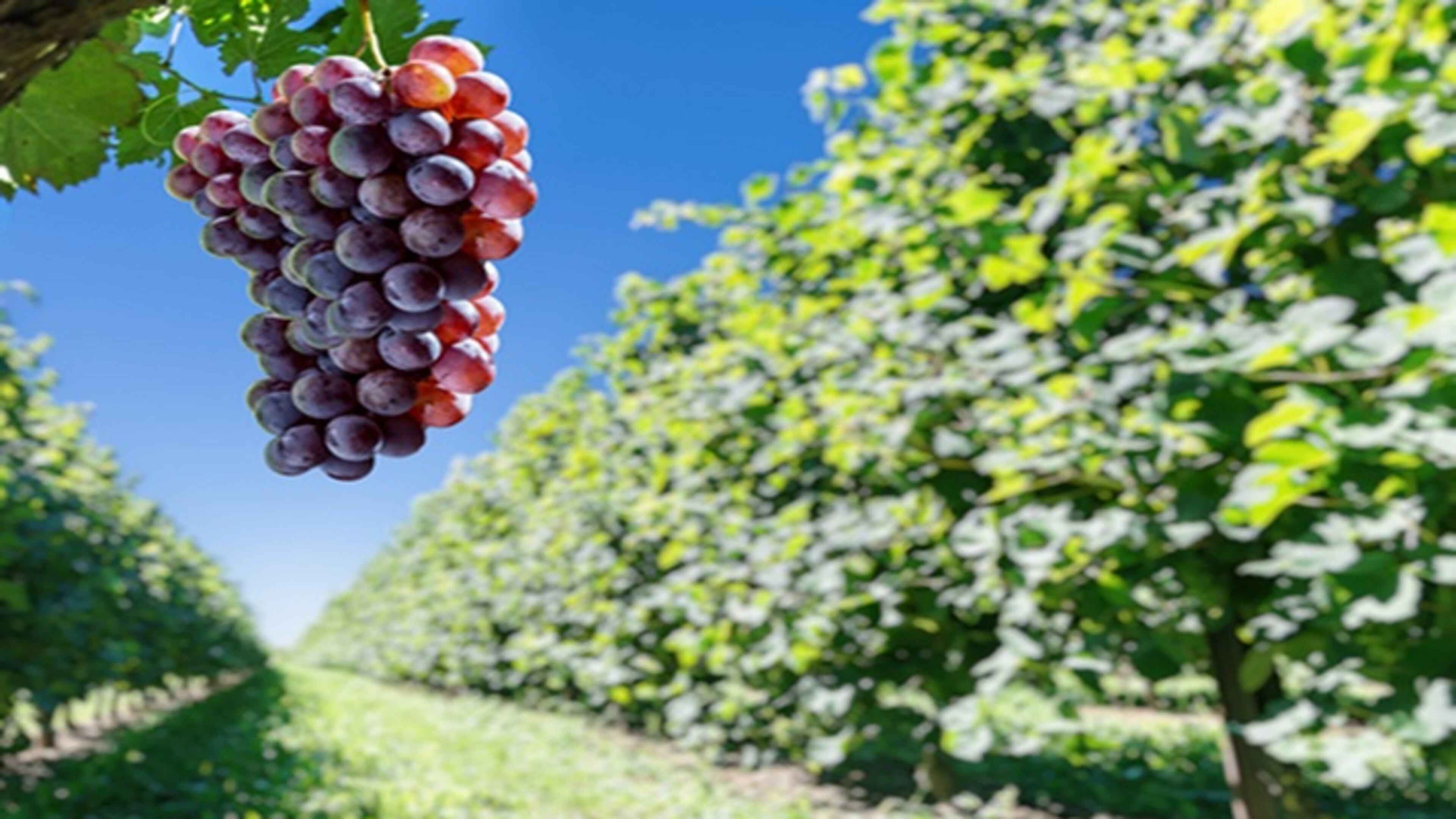Israel’s winemaking more global, contemporary than ever

The modern, large-scale experiment with wine continues in the country known today as Israel.
Maybe “contemporary” is a better word than “modern.” The claim could be made that the Holy Land’s modern wine industry began in 1882, when Carmel Winery was founded by Baron Edmond de Rothschild, of the legendary Chateau Lafite Rothschild in the Bordeaux region of France.
The thing that is interesting about Israel is that it has sort of started over where wine is concerned. It began “starting over” roughly 30 years ago, sure (and an influx of talent and investment from California followed). But when you consider that the area once known as Canaan (known today as Israel) has a multi-millennial relationship with wine, it is as if the starting gun for the latest race has just been fired. This is the part of the world where wine was born, and for dozens of centuries, it was reserved for religious ceremony.
But over the last three decades or so — a blink of an eye in Middle East-time — Israel has been looking at itself not only as a place that can produce wine to contribute to the glory of God but also as a place capable of producing wine worthy of a spot on the dining table. Wine that appeals to a much larger audience and a much wider range of usage. In other words, it’s not just for Passover anymore.
Most Israeli wine (not all of it) is kosher, and there is no reason to avoid kosher wine. To find the best Israeli wines, though, you will probably want to avoid kosher mevushal wines, which traditionally have been boiled or flash-pasteurized to retain their kosher status.
Other than that, think of Israeli wines as you would think of wines from a lot of other places in the world: food-friendly, reasonably priced (not across-the-board cheap but also not overly expensive) and somewhat widely available. More than half of Israeli wine exports land in the United States.
Israeli wine is no longer a novelty, but it is an interesting wine category to explore, if you haven’t already. You would not raise any eyebrows among wine aficionados if you were to pull out a bottle of cabernet sauvignon from Israel.
Now, you may be asking, “Isn’t it too hot there?” or “Isn’t it all desert?” And the answers to those questions would be, respectively, “It’s not too hot at higher elevations, where many of the country’s best vineyards are,” and, “No, it’s not all desert — that’s why they call it the Land of Milk and Honey.”
In the higher-altitude, cooler north, the Galilee region (which includes Upper Galilee, Lower Galilee and the Golan Heights) could be considered the country’s most prestigious and successful wine region. Israel’s other four recognized regions are: Shomron (aka Samaria, where Rothschild made his first plantings); Shimshon (aka Samson, near Tel Aviv); Judean Hills near Jerusalem; and Negev, the southern, semi-arid desert region where drip irrigation has made grape growing possible.
Today the small country — Israel is a little over 260 miles north to south, and about 70 miles across at its widest point — has about 60 commercial wineries. A handful of large wineries are responsible for the majority of Israel’s output, and many of those wineries have had some success in determining what grows well on their vineyard land. Some producers have even enjoyed recognition from the larger wine world for their efforts.
Many smaller, younger wineries, though — wineries whose wine does not leave Israel — are trying to figure out exactly what will work best for them in the long run. That is where the experimentation comes in. So even though 30-plus years have been enough to firmly establish a viable commercial wine industry in Israel, a sense of pioneering discovery still exists to some degree. And that is always intriguing — for producers and consumers alike.
For the most part, the aforementioned cabernet sauvignon has been successful — perhaps the most successful — but, of course, it is also one of the world’s most versatile grape varieties and has the potential to grow well all over the world. Chardonnay also has been a popular grape variety in Israel; other popular grapes include reds cabernet franc and carignann the red side, and whites sauvignon blanc and gewurztraminer. Traditional-method sparkling wines are also being produced, as are rosés and dessert wines. The quality of the country’s varied selection is getting increasingly better.
Some of the larger and more renowned wineries of Israel include Barkan Vineyards, Binyamina, Carmel, Clos de Gat, Dalton, Domaine du Castel, Flam, Galil Mountain Winery, Golan Heights Winery (makers of Yarden, Hermon, Golan and Gilgal wines), Margalit, Recanati, Tabor, Teperberg, Tishbi and Yatir (founded in part by Carmel Winery).
With some Israeli wine research of your own, you can expand your knowledge base to include this ancient part of the world and the (relatively) new wines it offers.

